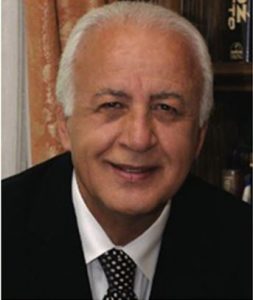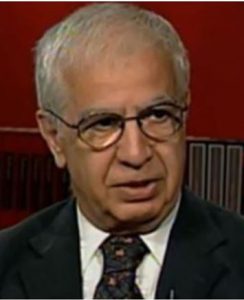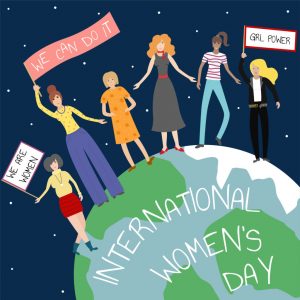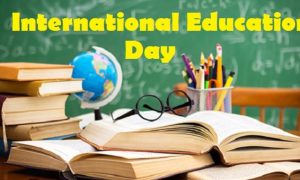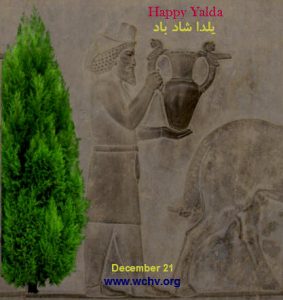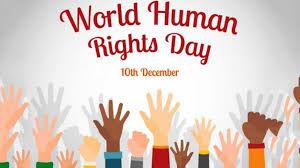Dr. Bahram Akasheh
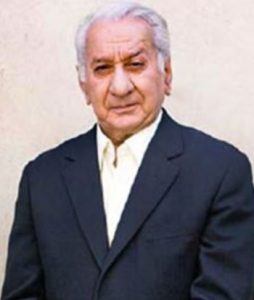 Dr. Bahram Akasheh, seismologist and expert in geology and professor of geophysics, university professor, and dean of engineering faculty of Islamic Azad University North Tehran Branch, is the recipient of the Nowruz Award in the field of natural heritage and environment for:
Dr. Bahram Akasheh, seismologist and expert in geology and professor of geophysics, university professor, and dean of engineering faculty of Islamic Azad University North Tehran Branch, is the recipient of the Nowruz Award in the field of natural heritage and environment for:
-
- Decades of efforts to introduce seismology to students to educate and inform and reduce risks of earthquakes
-
- Establishment of the department of geophysics at the University of Tehran
-
- Publication of more than one hundred scholarly articles and papers
-
- Construction and operation of several seismic bases
Biography of Dr.Bahram Akhasheh
-
- Dr. Bahram Akasheh is an Iranian seismologist and geophysicist. He is considered one of Iran’s leading experts on earthquakes and seismic activity.Dr. Akasheh was born in 1936 in Masjed Soleyman, Iran. He completed his primary and high school education in Masjed Soleyman and Ahvaz and his undergraduate university education in physics at the University of Tehran in 1956. He then pursued his postgraduate and doctoral studies at the University of Stuttgart, Germany in physics, geophysics and seismology, and geology. After receiving his doctorate, Dr. Akasheh returned to the University of Tehran to teach at the Institute of Geophysics in 1985. Dr. Akasheh was later appointed as the chair of the department of Seismology, and went on to become the founder of the department of Geophysics at the University of Tehran. He later became the chair of the Department of Geophysics, at Islamic Azad University and served in that position for 14 years.Dr. Akasheh is the Dean of engineering faculty of Islamic Azad University North Tehran Branch.

